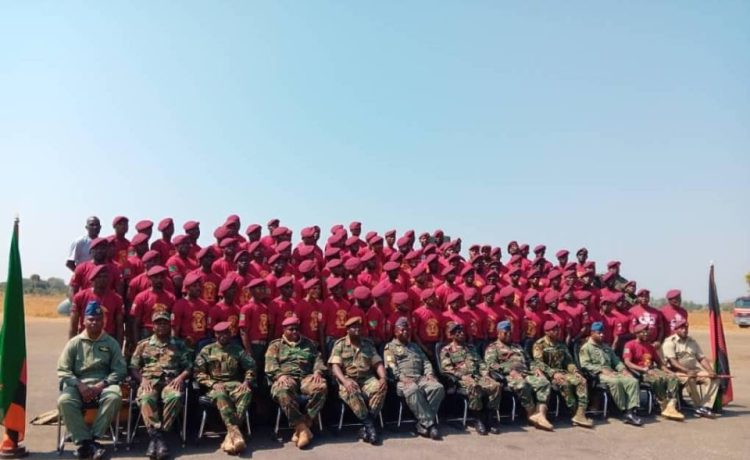Malawi’s democracy is young, fragile, and painfully honest about one thing: political parties govern the way they are built. And today, as the Democratic Progressive Party (DPP) aggressively reshapes the state machinery, the nation is being forced to confront a lesson the Malawi Congress Party (MCP) ignored at its own peril.
When President Lazarus Chakwera came into power, he carried a noble message — “clearing the rubble.” It was a promise to remove corrupt networks and rebuild institutions on principle, not patronage. But the promise dissolved into political idealism. Under the banner of One Malawi, Chakwera retained the same networks he said were damaging the state. He governed with the rubble instead of clearing it.
Politics does not reward such generosity. It punishes it.
And the punishment came in 2025, when the same system he refused to dismantle turned against him and ushered the DPP back into power. MCP, in many ways, refused to govern. It refused to exercise the political discipline required to control the public service, assert authority, or dismantle old power structures.
The DPP, on the other hand, governs exactly as it campaigns: decisively, unapologetically, and often ruthlessly.
Barely months into returning to government, the party has already removed CEOs seen to be sympathetic to the previous administration. Many have been seconded to positions that are clearly meant to humiliate—technical colleges, teacher training colleges, and peripheral parastatals where their influence evaporates.
There is no pretence.
As one senior DPP figure, Gangata, famously said: “This is the time for DPP to eat.”
But the latest manoeuvre — the redeployment of senior Malawi Defence Force officers — may be the moment the party has finally overstepped.
Five top generals have been reassigned from military leadership to roles as Directors of Security in civilian parastatals. This includes:
-
Major General Soko — redeployed to ADMARC
-
Major General Kalisha — sent to NOCMA
-
Major General Kakhuta Banda — posted to the Water Board
-
Major General Dzoole — moved to EGENCO
-
Brigadier General Mchungula — assigned to ESCOM
It is a move widely seen as a political purge — the kind of reshuffle meant to consolidate power rather than improve governance.
But unlike other sectors, the military is pushing back.
All five officers have engaged lawyers, with Allan Chinula leading the legal team. Chinula has confirmed that the team is combing through the law to determine whether these secondments are constitutional. Although rumours of an injunction have circulated, he emphasises that the paperwork is still being reviewed.
This moment is critical.
If the courts side with the generals, it may become a defining landmark in civil–military relations, clarifying the limits of political authority over the armed forces. If the courts side with the administration, it could embolden the government to further politicise state institutions.
Either way, Malawi is witnessing the price of political inconsistency. MCP attempted statesmanship without political power. DPP is exercising power without restraint.
The lesson for all political players is simple but unavoidable:
In politics, a vacuum is never tolerated. You either govern decisively and within the law — or someone else governs you.
Malawi now stands at a crossroads. The coming days will test whether the country chooses rule of law, or rule by power.













